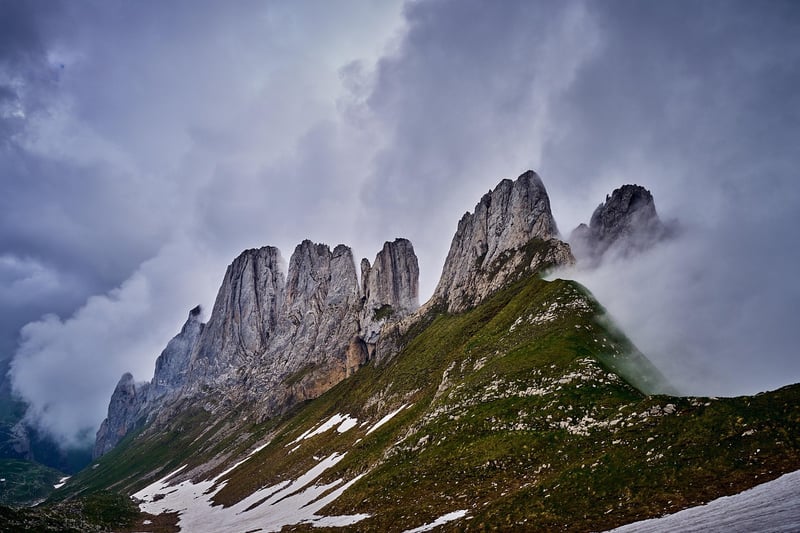Survival techniques
Expert Advice and Survival Techniques
Survival situations can be challenging and unpredictable, but with the right knowledge and skills, you can increase your chances of making it through. Here are some expert tips and techniques to help you survive in the wilderness or during emergencies:
1. Stay Calm and Assess the Situation
One of the most important things in any survival scenario is to stay calm. Take a moment to assess your surroundings, resources, and any potential dangers before making any decisions.
2. Build a Shelter
Protect yourself from the elements by building a shelter. Use natural materials like branches, leaves, and rocks to create a sturdy structure that will keep you safe and warm.
3. Find a Source of Water
Water is essential for survival. Look for nearby water sources such as streams, rivers, or lakes. If clean water is not available, learn how to purify it using methods like boiling or using water purification tablets.
4. Start a Fire
Fire provides warmth, light, and can be used for cooking food. Learn how to start a fire using various methods like friction, flint and steel, or a magnifying glass. Always be cautious and follow fire safety guidelines.
5. Signal for Help
If you're lost or in need of rescue, create signals to attract attention. Use a whistle, mirror, or brightly colored clothing to make yourself more visible to search parties.
6. Gather Food
Foraging for edible plants, fishing, and hunting are ways to procure food in the wild. Make sure you can identify safe plants and know how to prepare any wildlife you catch.
7. Stay Positive and Motivated
Maintaining a positive attitude and staying motivated is key to surviving challenging situations. Focus on small victories and keep a hopeful outlook to boost your morale.
8. Be Prepared
Before heading into the wilderness, make sure you have essential survival gear like a first aid kit, knife, compass, and emergency rations. Being prepared can make a significant difference in your ability to survive.
Remember, survival skills require practice and preparation. Stay informed, stay safe, and be ready for whatever challenges come your way.

For more in-depth survival techniques and expert advice, check out Red Cross - How to Prepare for Emergencies.
